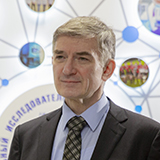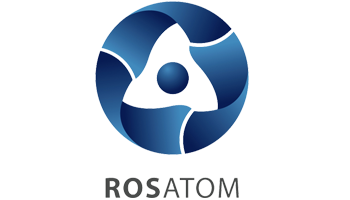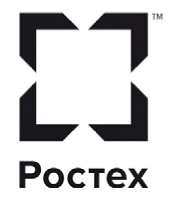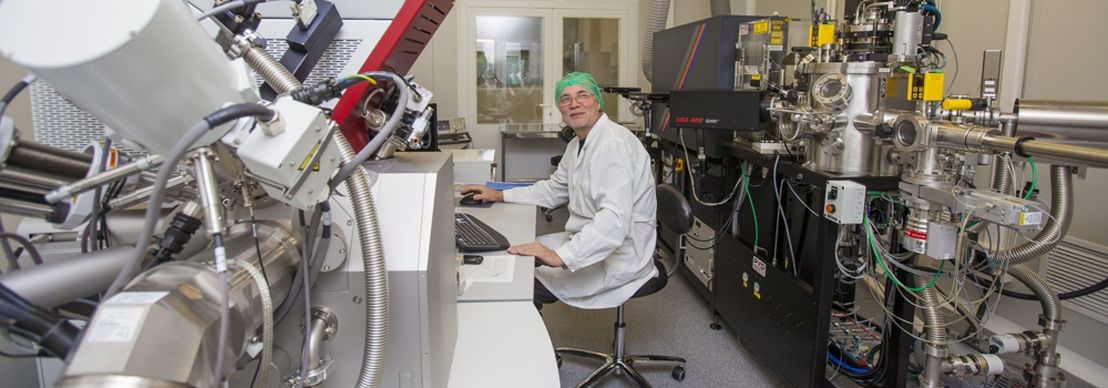
Mikhail N. Strikhanov
Executive Director
Research challenges addressed:
- Microwave photonics
- Quantum information technology and telecommunications
- Heterostructure electronics and electronics based on wide-gap semiconductors
- Radiation resistant electronics
Research infrastructure:
Competence centers:
- Center of photonics and quantum technologies;
- Center of materials and technologies of electronics on new physical principles;
- Center for extreme applied electronics;
- Center of nanomechanical systems and sensors;
- Center of heterostructural microwave electronics and physics of wide-bandgap semiconductor". "
Departments:
- Department "Physics of Condensed Matter"
- Department "Micro- and nanoelectronics"
- Department "Electronics"
- Department “Physics of micro- and nanosystems”
- Department "Molecular Physics"
Research laboratories:
- International research laboratory of advanced devices and technologies of microwave electronics based on 2D nanostructures;
- International research laboratory of ion-cluster technologies;
- International research laboratory for design of specialized integrated circuits;
- International research laboratory "Organic electronics";
- International research laboratory "Radiation of charged particle".
Engineering
manpower: 35
Students: 600
- Research
- Education
- Faculty
- Collaboration
- Publications
Science:
- Investigation of typical characteristics and levels of radiation resistance, development of the basic technology of radiation-oriented design of products of solid-state microwave electronics, including the type "system on a crystal" and "system in a case";
- Theoretical study of nonequilibrium transport in organic semiconductors;
- Fundamentals of building complex-functional intelligent logic elements and blocks for distributed, multichannel and multithreaded computing systems
Innovations:
- A prototype of a specialized microcircuit for reading the signal of multi-element sensors;
- Microwave heterostructure ultra-low noise transistor in the range of 0.5-18 GHz;
- High performance gas sensors based on nanostructured sensitive materials;
- Technologies and components for integrated microwave photonics;
- New materials, methods of constructing a microwave integrated electro-optical modulator for information and telecommunication systems of the next generations;
Key Partners
 |
Rosatom – State Atomic Energy Corporation of nuclear enterprises. One of the leaders in the global nuclear industry, that controls 40% of the world market for uranium enrichment services and 17% of the nuclear fuel market. |
 |
Rostec - a Russian state corporation created to assist in the development, production and export of high-tech industrial products for civil and military purposes. |
 |
JSC "Roselectronics" - a key participant in the Russian radio-electronic market. |
 |
JSC «OKB-Planeta» - a company that performs a full range of work on the development and manufacture of electronic components (for example, power converters, radar stations). |
 |
State Plant "Pulsar" is the leader of semiconductor electronics that develops a new generation of electronic component base: microwave semiconductor, power, photoelectronic and microelectronic devices. |
 |
Research Centre "Module" - an innovation Russian development company that designs high-end RISC/DSP processors, mixed-signal ASICs and real-time video-image processing systems. |
International industry partners
 |
Integral OJSC (Republic of Belarus) - Belarusian manufacturer of integrated circuits and liquid crystal indicators founded in 1962. |
 |
Volkswagen Aktiengesellschaft (Germany) - multinational automotive manufacturing company that designs, manufactures and distributes passenger and commercial vehicles, motorcycles, engines, and turbomachinery and offers related services including financing, leasing and fleet management. |
 |
Purdue University (USA) |
 |
Key subjects in curricula:
- Introduction to modern nanotechnology;
- Materials science in micro- and nanoelectronics;
- Heterostructure and microwave electronics technology;
- Measurements in micro- and nanoelectronics;
- Spintronics;
- Optics and photonics of nanostructures.
Training Areas
|
Direction of training/level |
Name of program |
|---|---|
|
Bachelor's degree program 03.03.01 Applied Mathematics and Physics |
Condensed Matter Physics Physics of Kinetic Phenomena |
|
Bachelor's degree program 11.03.04 Electronics and Nanoelectronics |
Nanoelectronics, Spintronics and Photonics Opto- and Nanoelectronics, Nanosystem Engineering |
|
Bachelor's degree program 12.03.03 Photonics and Optical Informatics |
Microwave Photonics |
|
Specialist's degree program 14.05.04 Electronics and Аutomation of Physical Facilities |
Micro- and Nanoelectronic Devices and Systems Nanoelectronic Devices for Physical Facilities |
|
Master's degree program 03.04.01 Applied Mathematics and Physics |
Condensed Matter Physics Physics of Kinetic Phenomena |
|
Master's degree program 11.04.04 Electronics and Nanoelectronics |
Nanoelectronics, Spintronics and Photonics Applied Microelectronics and Nanoelectronics |
|
Master's degree program 12.04.03 Photonics and Optical Informatics |
Microwave Photonics |
|
Postgraduates's degree program 03.06.01 Physics and Astronomy |
Condensed Matter Physics |
|
Postgraduates's degree program 09.06.01 Informatics and Computer Engineering |
Elements and Devices of Computer Technology and Control Systems |
|
Postgraduates's degree program 11.06.01 Electronics, Radioengineering and Communication Systems |
Solid-State Electronics, Radioelectronic Components, Micro- and Nanoelectronics, Devices Based On Quantum Effects |
Postgraduate's degree programs are ready to be implemented in English
Leading foreign scientists:
Z.Insepov (USA) - professor of Purdue University, professor of MEPhI, H-index=21
Victor Borisenko (Belarus) h-index=25
Stefan Matejcik (Slovakia) h-index=31
Peter Senger (Germany)
NESPI leading scientists:
Nikolay Kargin, Doctor of Sc., professor.
Honored figure of science and higher education of the Russian Federation, MEPhI vice-rector. Head of MEPhI center of nanostructured electronics since 2009.
Main research interest – physics and technology of wide-bandgap semiconductors.
More than 200 publications (incl. 3 monographs, 230 articles, 15 research and methodological treatises).
Ivan Vasilievsky, Doctor of Sc., professor
Main research interests:
- Molecular beam epitaxy of A3B5 heterostructures
- Low-dimensional systems technology
- Electron beam nanolithography
- Electronic processes in low-dimensional systems: quantum wells, filaments and dots
Awarded the title “The Best MEPhI Professor" (2015)
Alexander Chistyakov, Doctor of Sc., Professor
MEPhI alumnus-1974, he worked at the Department of Solid State Physics.
1982 – defended PhD thesis
1998 – defended the thesis for a degree of Doctor of Sciences. Main research interests: physics of molecular nanosystems, quantum dots, photonic crystals.
Mikhail Maslov, Ph.D., Associate Professor
Main research interests:
- solid state theory;
- computational methods in quantum chemistry and computer simulation of nanostructures.
Winner of a number of research awards and grants (including the Prize for Supporting Talented Youth in the Nanophysics and Nanotechnology, MEPhI Grant for Young Professors and the Grants of the President of the Russian Federation).
Guest editor of a special issue of Adsorption on nanoparticles and 2D materials (https://www.mdpi.com/journal/computation/special_issues/AN_2DM)
Konstantin Katin, Ph.D., Associate Professor
Winner of a number of research awards and grants, incl. the Grant of the President of the Russian Federation. Member of the editorial board of Turkish Computational & Theoretical Chemistry. Guest editor of a special issue of Adsorption on nanoparticles and 2D materials (https://www.mdpi.com/journal/computation/special_issues/AN_2DM).
Centers



universities




in Russia










